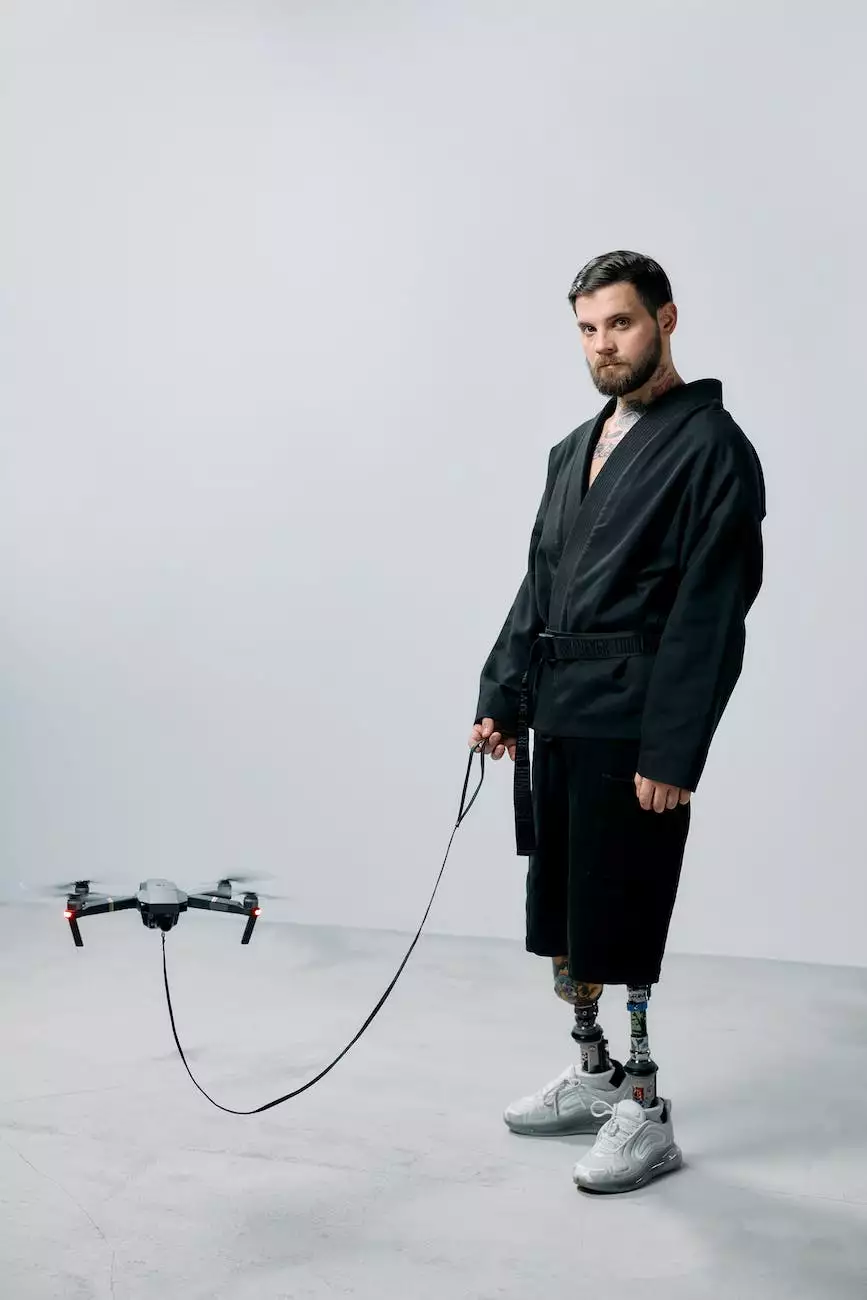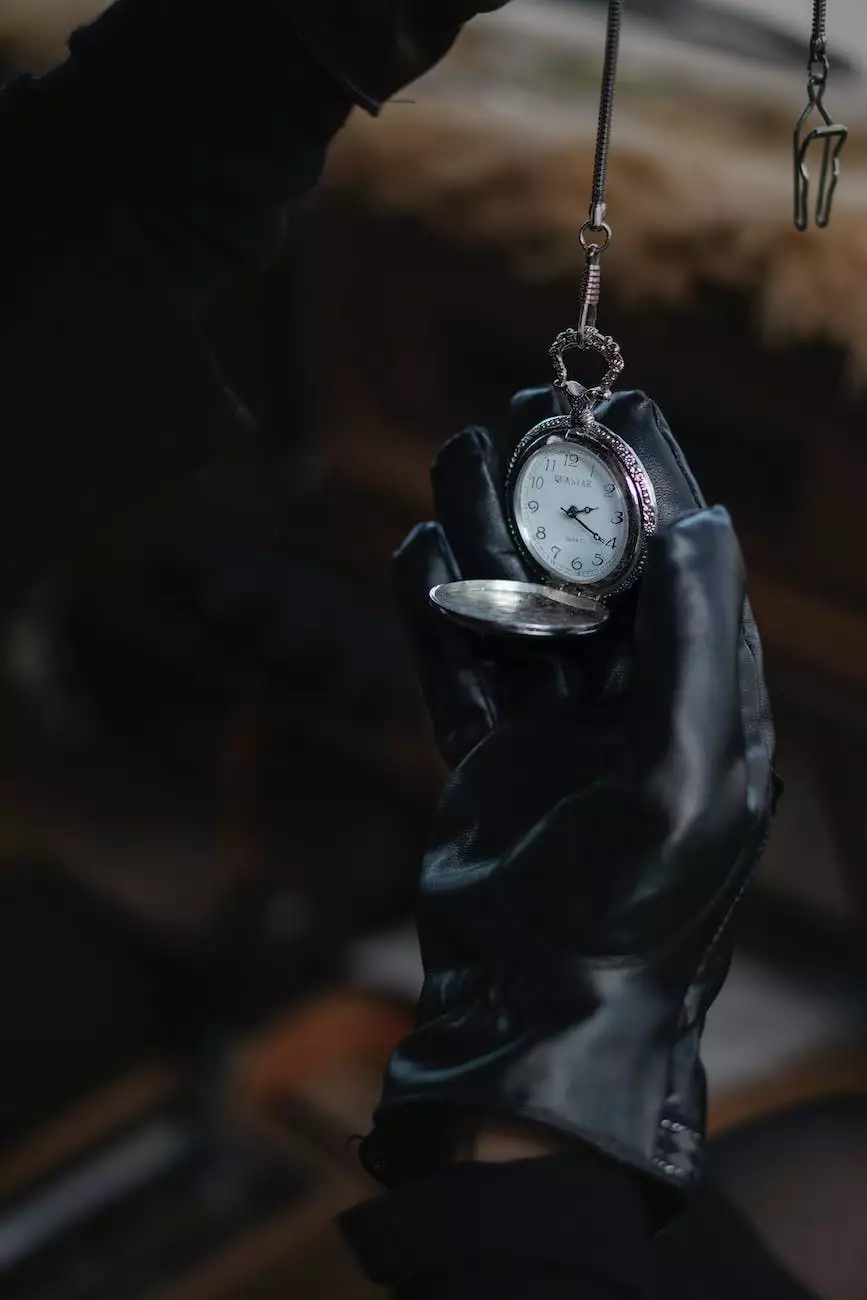3 Italian Inventions That Changed The World
Cultural Insights
The Renaissance of Italian Ingenuity
Italy, known as the birthplace of the Renaissance, has gifted the world with remarkable inventions that have revolutionized various fields. From groundbreaking advancements in science and technology to artistic marvels, Italian ingenuity knows no bounds. In this article, NJCLT will take you on a captivating journey through time, exploring three influential Italian inventions that have left an indelible mark on our world.
1. Leonardo da Vinci's Flying Machines
Leonardo da Vinci, the epitome of a Renaissance genius, envisioned and designed flying machines centuries before humankind took to the skies. His detailed sketches and concepts paved the way for the development of modern aviation. Da Vinci's designs for flying machines, including the ornithopter and parachute, were truly ahead of their time. These inventions laid the foundation for later advancements in aerial transportation and exploration. Exploring da Vinci's revolutionary ideas gives us a glimpse into the brilliant mind of this Italian pioneer.
1.1 The Ornithopter - Soaring Through the Skies
One of da Vinci's most intriguing concepts was the ornithopter, designed to mimic the flight of birds. This machine incorporated flapping wings and a cockpit, allowing humans to achieve the dream of human-powered flight. Although da Vinci's ornithopter was never built during his lifetime, it laid the groundwork for the development of aircraft that would come centuries later. Today, we owe a debt of gratitude to da Vinci's visionary ideas that have forever changed the way we view the skies above.
1.2 The Parachute - Descending with Grace
Da Vinci's parachute design demonstrates his deep understanding of aerodynamics and his desire to enable safe landings from great heights. His parachute incorporated a pyramid-like structure made of wood and covered in fabric, with the aim of slowing down the descent of a person or object. Although it is believed that da Vinci never tested his parachute, his invention laid the groundwork for the development of modern-day parachutes that play a vital role in aviation and extreme sports today.
2. Galileo Galilei's Telescope
Italian astronomer Galileo Galilei forever altered our understanding of the cosmos with the invention and improvement of the telescope. By making crucial modifications to existing optical instruments, Galileo was able to observe celestial bodies in unprecedented detail. His discoveries, such as the moons of Jupiter and the phases of Venus, shattered the prevailing geocentric model of the universe and solidified the heliocentric theory. Galileo's telescope opened the door to a new era of scientific exploration, propelling astronomy forward and deepening our knowledge of the vast universe.
3. Antonio Meucci's Telephone
While the telephone is commonly attributed to Alexander Graham Bell, it was Antonio Meucci, an Italian inventor, who first developed a working prototype. Meucci's invention, the teletrofono, was a groundbreaking device that allowed for the transmission of sound over distances. His invention predates Bell's patent, but due to unfortunate circumstances and financial constraints, Meucci was unable to fully realize its potential. Nevertheless, Meucci's contribution to the development of communication technology cannot be overlooked. His inventive spirit and determination laid the foundation for the telecommunication revolution that would follow.
In Conclusion
Italian ingenuity has left an indelible mark on our world, with inventions that have shaped various industries and transformed the way we live. From da Vinci's visionary designs for flying machines to Galileo's groundbreaking telescope and Meucci's pioneering work on the telephone, the impact of these three Italian inventions is immeasurable. We owe a debt of gratitude to the brilliant minds behind these creations, whose innovations continue to inspire generations. Join NJCLT as we celebrate the remarkable achievements of Italy's inventors and explore the rich tapestry of human ingenuity.










